You can’t make a wedding film in Pakistan without comparisons to DDLJ: Wajahat Rauf
As I realised for the second time this month, it’s tough to book an online ride during Ramazan. The long wait wasn’t awkward at Wajahat Rauf’s house. The director of the upcoming romance-comedy-drama film (or as he calls it, “a family film”) was good company.
Rauf’s carefree, candid, all-accepting attitude is refreshing, and a bit infectious, as we talk about his upcoming film Chhalawa — an Eidul Fitr release that may seem quite familiar; but that, if you ask him, is a good thing, although he does tell you, in the subtlest manner possible, to reserve the final opinion until the film comes out.
An Eveready and Hum Films’ release, Chhalawa seems like a stereotypical film about a full-of-himself hero waltzing into a wedding to whisk away the bride-to-be. Sounds familiar, doesn’t it?
“It wasn’t that obvious when I was writing the film,” Rauf tells me. “However, I did realise that the moment I had written that the girl was living in Punjab, people would be instantly comparing it with Dilwale Dulhaniya Le Jaeingey (DDLJ) and Punjab Nahin Jaungi (PNJ). Even though it’s a reversal. In PNJ, the girl was from Karachi and Humayun was from Punjab.”
The actress is the same, though, I add, but then again we have so few to choose from.
Rauf has already made peace with the fact that the film will draw comparisons, no matter how different it may be. “The bride’s dresses would end up looking like the ones from DDLJ or PNJ, the accent would sound similar. A thousand comparisons would pop up,” he said.
“Just a few days back, someone told me that the bridge scene in my film [evident in the trailer], looks like it was inspired by the climax of DDLJ, where Shah Rukh Khan was beaten down with batons. It’s as if no one was beaten down by sticks in Bollywood before that,” Rauf says.
“Then, there are frame-by-frame comparisons from the last scene of the song 'Ruk Jaa O Dil Deewanay' from DDLJ, where SRK lets go of Kajol and she falls, and the scene [also in the trailer] where Asad Siddiqui loses his grip on Zara Noor Abbas and she falls,” he continues.
People will see what they want to see.
At times, Rauf is deliberately spoofing the genre. “I own it,” Rauf says. “It was completely deliberate at times.”
There is a scene in the film where Azfar Rehman, the lead actor of the film, apes SRK and Mehwish Hayat, the spunky heroine, calls him out for his clichéd approach. “These 100-year-old dialogues don’t work anymore,” Mehwish’s character tells Azfar’s.
“You can’t make a film in either India or Pakistan without drawing comparisons to DDLJ. Weddings are weddings. The hero will come to win the girl, and there are going to be problems. It’s the oldest formula in the world. Pakistani films, in particular, will be compared to DDLJ, Hum Aapke Hain Kaun and PNJ. Someone actually asked me this. If you’re matching my film with such big names, then that’s an honour for me. And if I get even 10 percent of what they did at the box-office, I’d be like winning the lottery,” he laughs.
"If you’re matching my film with big names like DDLJ and Hum Aapke Hain Kaun, then that’s an honour for me. And if I get even 10 percent of what they did at the box-office, I’d be like winning the lottery." — Wajahat Rauf
So, why make something that may draw comparisons — and why in particular, make a film about weddings? “For one, I hadn’t done it before,” says Rauf. “Both Karachi Se Lahore (KSL) and Lahore Se Aagay were 100 percent comedies. I didn’t add any emotion to them, consciously. They were made with the idea of just having songs and comedy, followed by more comedy and songs. No one is crying in the film, nor was anyone trying to get anyone to cry.
“When you are adding an age bracket of 30-plus, then you need to add festivities, the songs, the clothes, because that’s the family going-audience,” he continues.
“You cannot just have 30-somethings going off on a road trip, that’s for the younger audiences. You need to add in emotions. You have the father-daughter relation in the film, which is for a different, more mature audience. Although the comedy is still silly,” he says. “It’s not crass or adult-oriented comedy. You’ll still feel that it’s a Wajahat Rauf film.”

Rauf had already finished writing the sequel to KSL, when he felt he needed to try something else first. “I felt like I was repeating myself. It was exactly the same film (genre-wise), working on the same narrative tropes. I thought, the public will not spare me if they have to see the same thing again,” he says.
Rauf was shooting Enaaya, his web-series released by Eros Now, when the idea hit him — and it didn’t take him that long to cast the film. The cast — the leads, in particular — are the ones from Enaaya.
They were right there on set, and they were having fun, so why waste an opportunity, Rauf tells me. The film whizzed past shooting to post-production in five months, he tells me. “That has to be a record,” he says.
You should meet Azfar and Mehwish, Rauf tells me. “They’re a lot of fun.” That’s easier said than done, though Rauf and his wife, Shazia, who is also the producer of the film, do their best to line up the meetings.
Azfar Rehman is busy shooting a television serial. Mehwish Hayat is in London although due back in a day or two.
A day later, near Maghreb time, I find myself again waiting for an online ride, this time at Azfar Rehman’s set. Rauf was right about the carefree enthusiasm of his cast. Rehman is as happily aloof as they come. “In a way the lead character — Sameer — is like me,” Rehman says. “He’s a very happy-go-lucky, easy-going guy, who is in love. The zaalim samaaj intervenes by not letting him find the love of his life. So, he goes out of his way and just tries his luck. He’s got a fun-loving, positive outlook.

“He’s no different than any other boy — or any other lover boy — in the country. Or every other boy who is on Tik Tok these days. He’s stereotypical, and a very relatable character,” he continues. But isn’t that a bit too much of a cliché, I ask. “We do clichéd stuff everyday in life. A little bit of cliché is fine,” he replies.
Back in Rauf’s house, we had discussed the need to have one big star in the film. In the film that star is Mehwish Hayat. It’s a fact that Rehman is happy to concede. “I think it is somewhat right to perceive it that way. Mehwish is a huge film star, and of course her character is slightly stronger than my character.”
We seem to be producing many female-centric films of late, I tell him. Would you call it that? “It is a female-centric film, but more than calling it female-centric, I’d call it a family-oriented film. It’s more about family. More about the father-daughter relationship. We’ve highlighted the heroine’s family more than my family. It’s more about Mehwish’s take on her family and her life, so I think we should have female-centric films,” Rehman offers his opinion in a roundabout way.
A few hours before my deadline, Mehwish Hayat, who is finally back in Pakistan, tells me about her character via WhatApp messages. “(Zoya) is a feisty, well-grounded girl who knows what she wants, and is not going to be railroaded into anything she doesn’t agree with. It is rare to have such a heroine-centric film in Pakistan, which is what attracted me to the script.
“I was fortunate to get involved very early on in the process, when Wahajat was still scripting, so I was able to help shape the character from a very early stage,” she writes in response to another question. “The realisation of a character is, of course, the director’s vision, but what I bring to the film is my interpretation of that vision.”
"It is rare to have a heroine-centric film like Chhalawa in Pakistan, which is what attracted me to its script." — Mehwish Hayat
Does she actively choose roles with substantial depth in characters, or are they simply the ones that are offered to her, I ask. “I’m in the fortunate position to be able to be very picky about my roles. I choose roles that appeal to me and challenge me as an actress. It is fair to say that I turn down a significant number of roles offered to me because they are just more of the same.”
Every one of her recent titles happen to be (or have overtones of) comedy. Is that also deliberate, I ask. “Yes, that is true. Comedy is a great leveler that appeals to everybody, no matter who they are. It is through comedy that we are able to address the absurdities of life and make very strong social messages accessible to the audiences. It is through a comedy such as Load Wedding that we were able to address the issue of dowry, and now that has been taken up by the Punjab Assembly.”
But is there another reason for it, I wonder. Serious and strongly written female leads, in what are essentially commercial dramedies, have become a norm in Pakistan. Does she think our directors choose to do that deliberately — or to be precise, habitually — because they have been exposed to television and subconsciously cater to TV’s key audiences who are females, I ask.
“This is neither deliberate nor habitual in any way,” she responds. “Our directors are only giving the audiences what they expect from our films. Yes, of course, it goes without saying that most of our film-makers cut their teeth on our television drama industry and some of the story tropes have been carried over. Pakistani cinema is still in its infancy and still trying to find its own distinct identity and, until it does so, parallels with [TV] drama are inevitable.”
Our conversation becomes a bit too serious for a film that is, mostly, family fun and festivities — which was, again, one of the reasons this film is coming out this Eidul Fitr.
Aside from the genre, Rauf hasn’t tasted the box-office of an Eid release, I remember him telling me. His two prior releases came out between two previous Eids, and in November.
Although, superficially, Chhalawa might feel like familiar fodder, Rauf, who has shown growth as a filmmaker, is slowly but steadily expanding his horizons. However, don’t expect him to try every genre in film (he’s a sci-fi buff who admits that he cannot make one; it’s just not him, he says). For now, it’s just slight detour towards maturity — though, in his own words, “only in the latter half of the film.”
Originally published in Dawn, ICON, May 19th, 2019



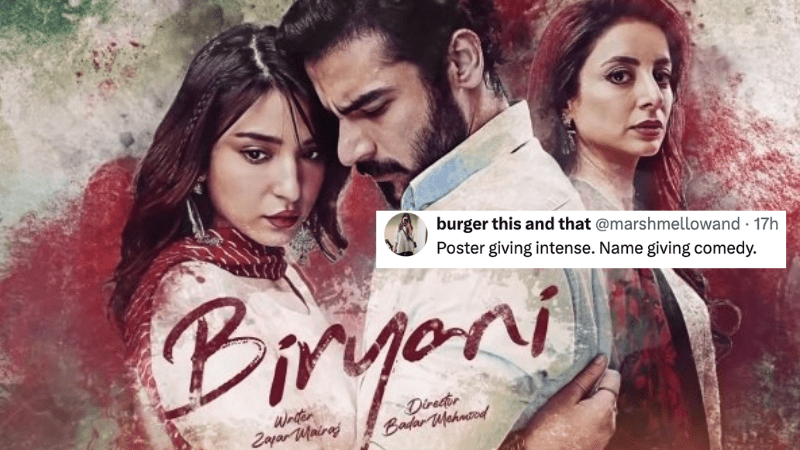



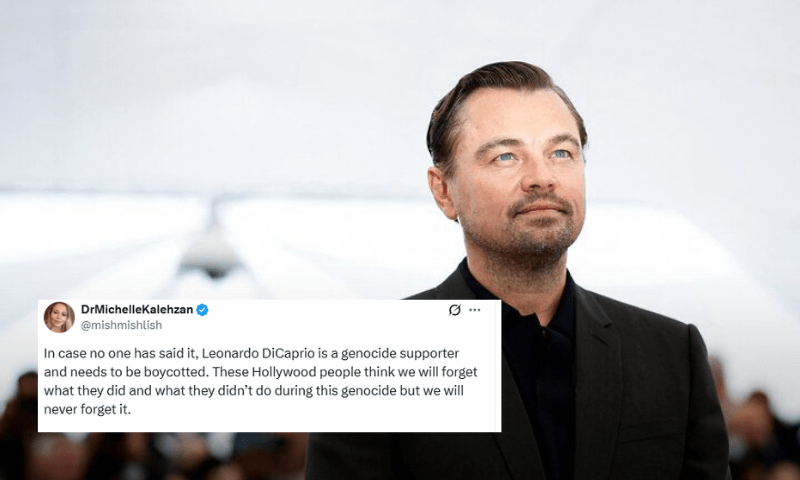
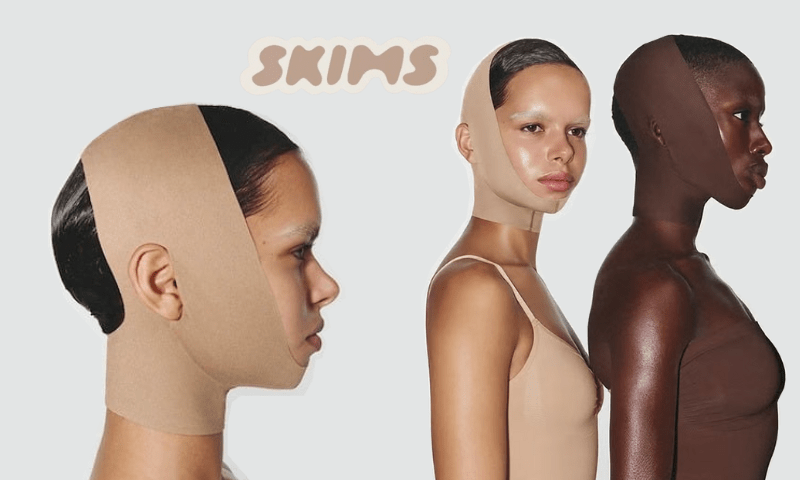
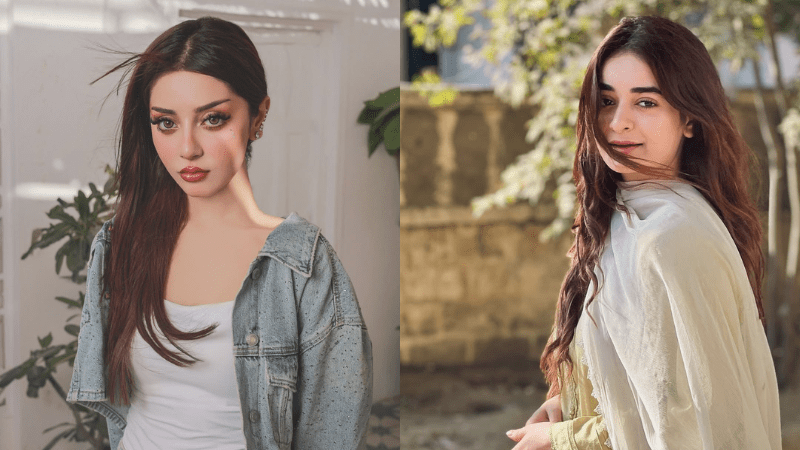
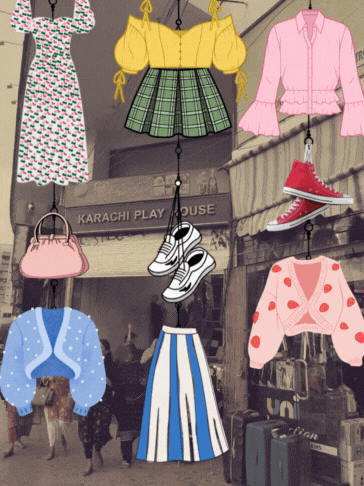
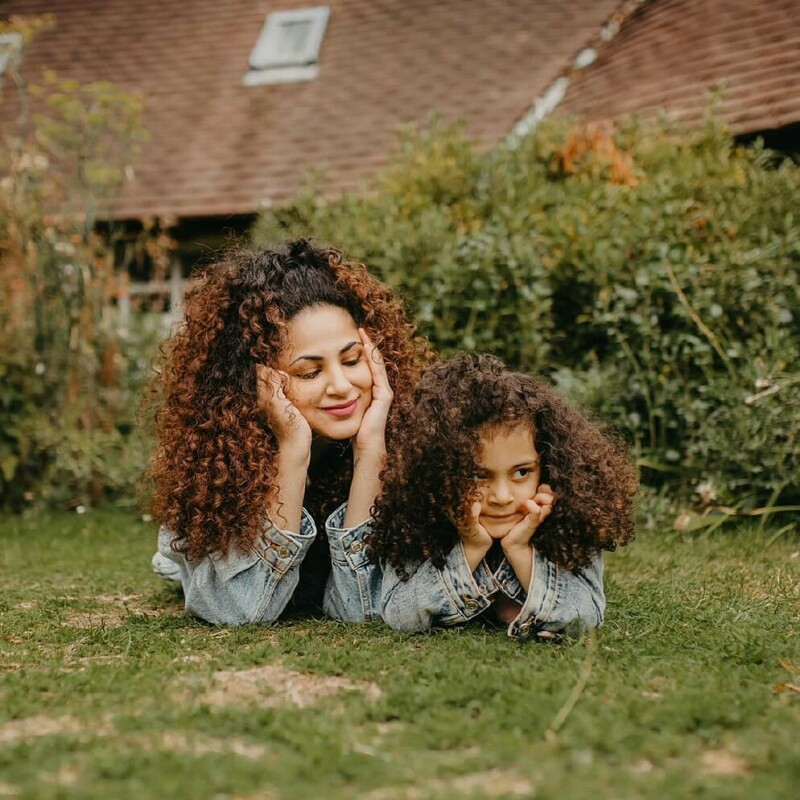
Comments